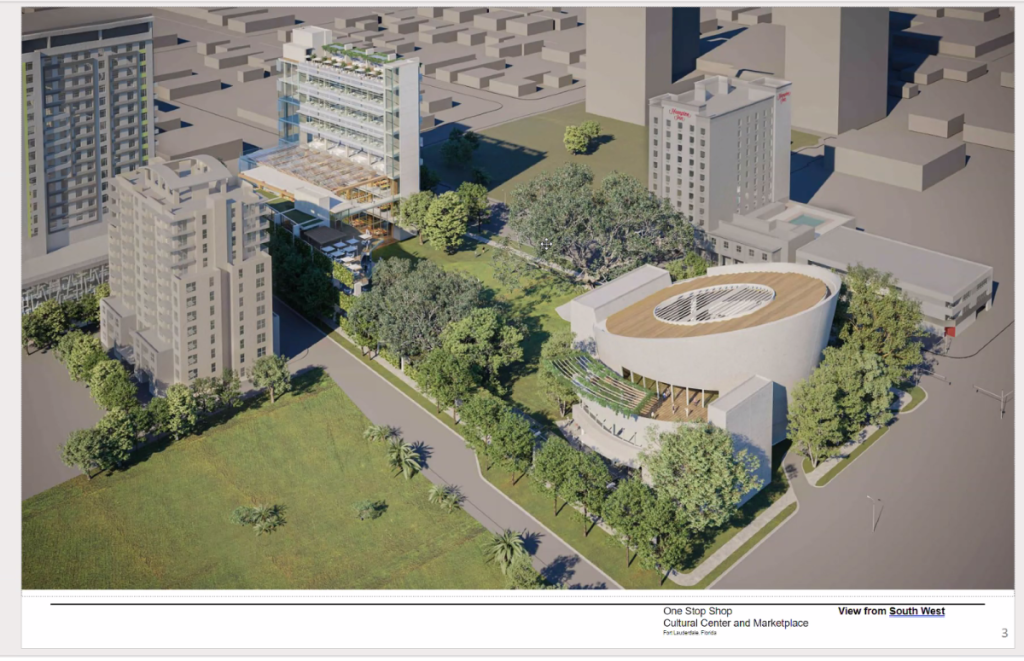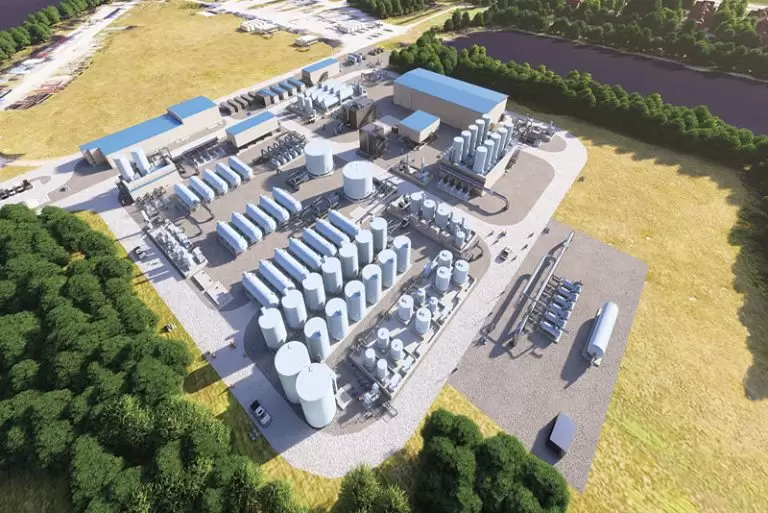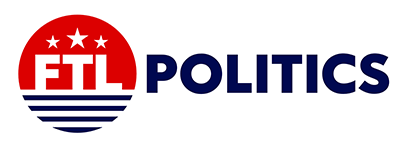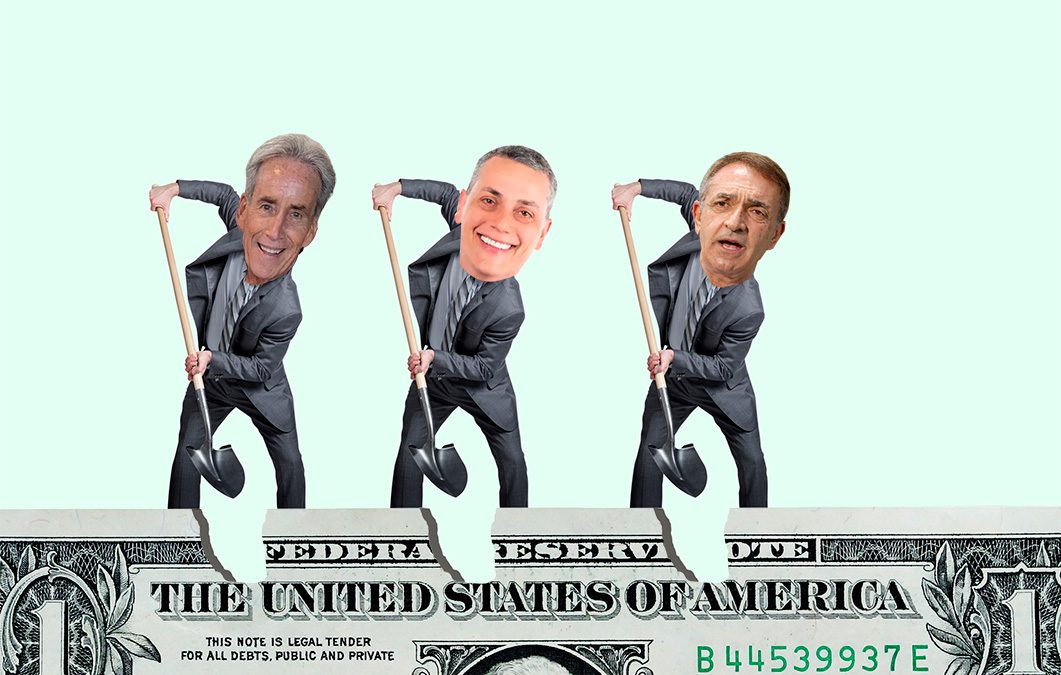If Fort Lauderdale’s budget were a household, it would be the kind of place where the lights are on thanks to maxed-out credit cards, the roof leaks because repairs were put off, and the furniture has been pawned for a quick fix. That’s what The Bloc, Mayor Dean Trantalis, Commissioner Ben Sorensen, and Commissioner Steve Glassman have done to our city—pawned off our most valuable lands and assets to developers and private interests for pennies on the dollar, all to fund short-term vanity and record-breaking campaign accounts.
And now? The bill is coming due.
At a recent budget workshop, the City’s financial advisor laid out a dire scenario: a looming $107 million budget deficit and emergency reserves depleted within a few years. For too long, commissioners have clung to the fantasy that growth pays for itself. But rising home values, driven by a regional real estate boom rather than local leadership, only masked the truth. The City’s operating costs exploded alongside that growth, bloated by political pet projects, questionable raises, new hires, and unsustainable new programs.
The police station? Ballooned from $100M to over $150M, with serious structural concerns. City Hall? Left to crumble and now we may need to float another bond for a fancy new building, because this commission wants its name on something new.
Some of these same commissioners doubled their salaries and enjoy car allowances generous enough to support Bentleys. All while basic services, like keeping up with police and fire staffing, lag behind.
The One Stop Shell Game
And let’s not forget the disaster that is the One Stop Shop — another Stephanie Toothaker deal — passed more than three years ago and still not a shovel in the ground. The City collects zero rent until construction is completed. Even worse, the developer has never even pulled a building permit, because the clock for the three-year construction deadline doesn’t start ticking until they do. No construction deadline. No guaranteed timeline. No revenue. Just promises.
“The business plan was deeply flawed, which is why it has yet to be built,” said Commissioner John Herbst, who it is believed was fired as the City Auditor at the time over his criticism of the deal.
That same parcel — 3.3 acres of prime, city-owned land in the heart of downtown, steps from our now-demolished City Hall — could have been used to build a new City Hall or at least finance one. Instead, it was handed over for nothing, licensed away on buzzwords like “cultural arts park” for a food hall that will likely never materialize. And let’s be honest—one of three things is likely to happen: the original developer flips the deal to another buyer and what gets built bears little resemblance to what was promised; nothing happens for the foreseeable future as the land sits idle; or the City finds a way to quietly exit the deal to make room for another sweetheart arrangement with a different lobbyist-backed developer—we’ll bet on the latter.

Likewise, Bahia Mar is being redeveloped with little gain for taxpayers and the air rights were given away so that we now will have condos on public land in perpetuity.
The City That Fell in Love with Renderings
And to be clear: you can like some of these projects and still find the process reprehensible. It’s not the concept of a park upgrade, a cultural district, or a stadium that should make your skin crawl — it’s the disposition of public land, your land, for even a penny below fair market value. That’s the issue. When deals are cut with lobbyists behind closed doors, without transparency, without accountability, and without securing fair value for taxpayers, it doesn’t matter how nice the rendering looks — the public is being robbed.
Turning Water Into Gold
But let’s not forget Fort Lauderdale’s water plant, one of the City’s most critical assets, was basically handed off through a Public-Private Partnership, despite our AAA bond rating that could have secured a far better deal for ratepayers. Now, residents are staring down the barrel of water rates that may double to cover private profit margins.

While former Commissioner Ben Sorensen didn’t cast a vote on the final approval of the controversial water plant project, he had spent years championing it and pushing it forward. He didn’t get the chance to vote on the final contract because he resigned mid-term to pursue a failed run for Congress, leaving his district behind just as the most consequential decision came to a head.
His successor (and now predecessor), Warren Sturman, who was elected in a short-term special election, ultimately cast the vote in favor of the project. That vote stands as one of the more long-lasting negative effects of Sturman’s short and disjointed time in office — a term that ended when he came in third in his own re-election bid returning his seat to Sorensen.
Lessons We Refuse to Learn
Cities across the U.S.—from Coatesville, Pennsylvania, to Salem, New Jersey, and even right here in Florida—have learned the hard way what happens when you hand over public utilities to private interests. In Jacksonville, the city privatized its water system in the late 1990s, only to see rates spike and residents revolt. The backlash was so strong that Jacksonville ended up borrowing hundreds of millions of dollars to buy the system back just to try to bring rates under control.
Gainesville offers another cautionary tale. In 2009, Gainesville Regional Utilities entered into a 30-year power purchase agreement with the privately owned Gainesville Renewable Energy Center, committing to pay approximately $70 million annually, totaling over $2 billion over the contract’s duration, even if the facility wasn’t producing power. This agreement led to some of the highest utility rates in the state. In response to public outcry and financial strain, the city decided in 2017 to buy out the contract and purchase the biomass plant for $750 million of debt financing.
They Want More—and They’ll Get It from You
And if that’s not enough? City officials have floated an EMS assessment tax, because Fort Lauderdale is one of the only cities in Broward that doesn’t staff its ambulances with three-person teams. The City Attorney recently stopped that proposal in its tracks, but the appetite for new revenue remains strong.
And for the record, we fully support three-person rescue crews. We think it’s astonishing we don’t already have them. But maybe that should have been a priority instead of funding a literal award-winning propaganda—erm, I mean, “Strategic Communications Department.”
Some commissioners, most notably Glassman, are already downplaying the need for tax hikes. But the truth is, the conversation is already shifting. Bill Brown, chair of the city’s Budget Advisory Board, and one of Glassman’s chief lieutenants, said it bluntly: “At some point, they’re going to have to raise the tax rate.”
Commissioners have begun testing the waters, citing increased pension costs, expiring grants, and spiraling construction budgets. And yet no one wants to talk about cutting bloat, auditing contracts, or asking whether every trip and consultant fee is truly necessary. Instead of trimming the fat, they’re coming for your wallet.
Those developers got sweetheart deals — but now, when the bill is coming due, it’s you, the taxpayer, who’s expected to make up the difference.
Tunnels, Towers, and Tone-Deaf Leadership
It’s a cultural problem. The Bloc of Mayor Trantalis and Commissioners Glassman and Sorensen just doesn’t get it. While residents face soaring insurance, assessments, and utility bills, our elected officials are busy chasing a $1.5B tunnel, ignoring more sensible options like the bridge for the new commuter rail that the County offered to fund.
And that growth they keep promising would pay for itself? It’s only made things worse. Infrastructure continues to crumble. The city couldn’t even hire enough project managers to keep up with the money they borrowed for repair work. Traffic congestion has reached unbearable levels. Our environment is being bulldozed in every direction. And while luxury towers go up, the lack of transitional and affordable housing has pushed Fort Lauderdale’s homelessness crisis to an all-time high.
Digging Deeper into Debt
For those paying attention, the question is simple: where is the money coming from? These commissioners have been on a spending spree without checking the bank account. At this point, it’s hard to tell whether The Bloc wants to dig a tunnel — or just dig us into debt.


Not mentioned in this great article is how The Bloc handled
Snyder Park!!! Taking land that was given to the city to never be developed & selling it to put in Pickleball courts & restaurant with a bad deal for our city
They have been doing that for years on purpose. It is obvious to me they are the ones who are working for the soacialist agenda within de Democrat party. The are afilliated Democrat , not Republicans, so when you analize them, is evident that the socialist agenda is the one that is destroying a city of 100 years of existence ,because there is no Republican neither a conservative individual in the City Hall and the rest of its departments. When Jim Neigle was the Republican Mayor ,we did not have all this kind of destruccion, lies ,manipulations, arrogance and absense of respect we are living under Trantalis and his gang today. They are the American version of the Venezuelan “Tren de Aragua”. Anybody can disent from MY CONVICTION but it does not mean that I am wrong at all.
We are expecting our district 1 commissioner, Mr. Herbst, will prevail in his outstanding, common sense, fiscally savvy approach to governance.
Just want to point out that it was Commissioner Herbst that voted against the water plant deal. He’s said while the concept was worthwhile, it was simply too expensive. We need more common sense on the dais.
Thank God we were able to get John Herbst in office!!!